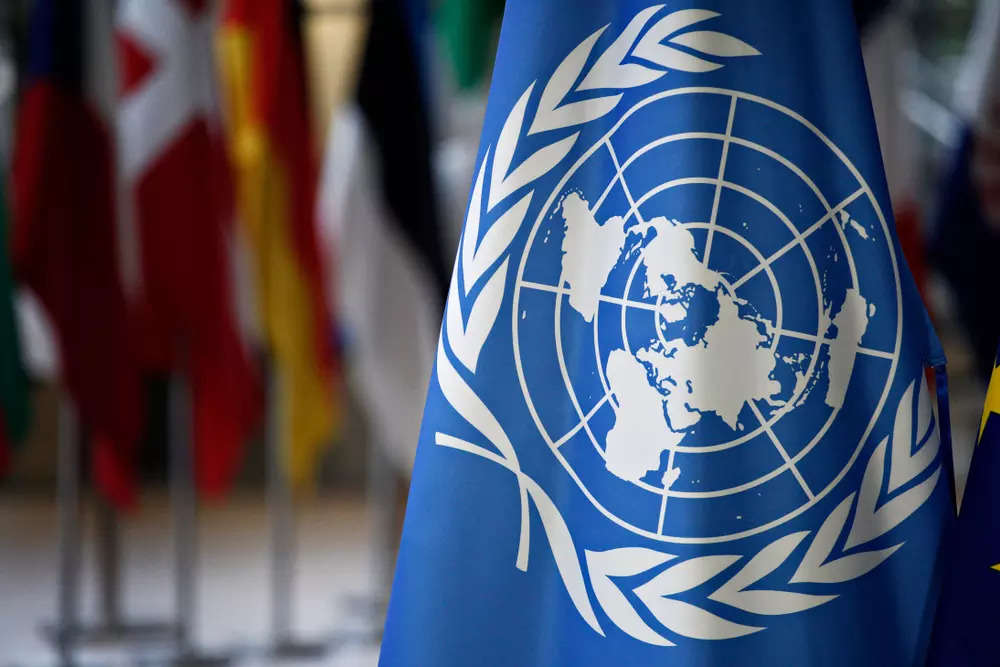
Washington: The United Nations warned Friday that only 17% of its 169 targets to improve life for the world’s more than 7 billion people are on track to be reached by the 2030 deadline.
U.N. Secretary-General Antonio Guterres launched the annual report saying, “It shows the world is getting a failing grade.”
World leaders adopted the 17 wide-ranging development goals from ending global poverty to achieving gender equality in 2015, and set 169 specific targets to be reached by the end of the decade.
According to the report, nearly half the targets show minimal or moderate progress and over one-third are stalled or regressing – with just 17 per cent are on track to be achieved.
“The takeaway is simple,” Guterres said. “Our failure to secure peace, to confront climate change, and to boost international finance is undermining development.”
The report also cited the lingering effects of the COVID-19 pandemic and said an additional 23 million people were pushed into extreme poverty and over 100 million more were suffering from hunger in 2022 compared to 2019.
“In a world of unprecedented wealth, knowledge and technologies, the denial of basic needs for so many is outrageous and unacceptable,” Guterres said.
On the downside, the U.N. reported that for the first time this century, per-capita GDP growth in half of the world’s most vulnerable nations is slower than that of advanced economies, threatening improvements in equality. And in 2022, it said, nearly 60% of countries faced moderate to abnormally high food prices.
The goal of quality education is far offtrack. Only 58 per cent of students worldwide achieved minimum proficiency in reading by the end of primary school, and “recent assessments reveal a significant decline in math and reading scores in many countries,” the report said.
As for gender equality, it said the world continues to lag: One in five girls still marry before age 18, violence against women persists, far too many women don’t have the right to decide on their sexual and reproductive health – and at current rates it will take 176 years for women to reach parity with men in management positions.
Guterres said the report also has “some glimmers of hope.”
Mobile broadband is accessible to 95% of the world’s population, up from 78% in 2015. Global capacity to generate electricity from renewable has been expanding at an unprecedented 8.1% annually for past five years, the report said.
Increased access to treatment has averted 20.8 million AIDS-related deaths in the past three decades. New malaria vaccines being rolled out could save millions of lives. Girls in most regions are now achieving parity with boys in education. And many women are breaking glass ceilings, it said.
“But the speed and scale of the change needed for sustainable development is still far too slow,” Guterres said.
He called for action to end wars from Gaza to Ukraine, Sudan and beyond, “and to pivot from spending on destruction and war to investing in people and peace.”
The secretary-general also called for greater action to combat climate change and on “the green and digital transitions.”
According to the report, there is a $4 trillion annual gap in the investments needed to help developing countries reach the sustainable development goals.
Guterres called for stepped-up efforts to deliver the resources and also to reduce debt pressures and debt servicing costs, to expand access to contingency financing for countries at risk of a cash flow crisis, and to multiply the lending capacity of the World Bank and other development banks.
“We must not let up on our promises – to end poverty, protect the planet and leave no one behind,” the secretary-general said.






